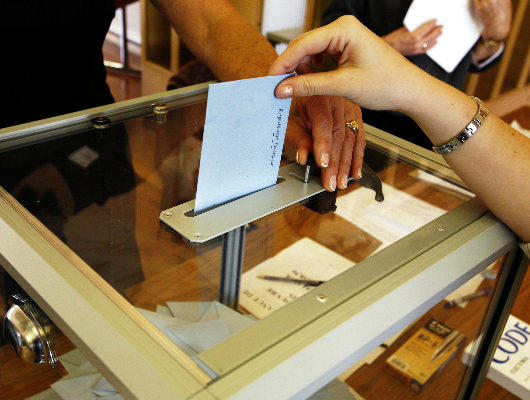 Donald Trump surprised America when he announced his candidacy in June 2015. Trump has been garnering public attention despite not having any “elective, appointive, or military public experience,” according to the Atlantic. The publication also states that every prior president has had experience in one or more of these areas.
Donald Trump surprised America when he announced his candidacy in June 2015. Trump has been garnering public attention despite not having any “elective, appointive, or military public experience,” according to the Atlantic. The publication also states that every prior president has had experience in one or more of these areas.
In this presidential race, Trump has been focused on illegal immigration in the U.S., particularly Mexican and Muslim immigration. He continuously affirms his belief that illegal immigrants are a national security concern. He also continues to voice his disapproval of immigrants from Syria migrating to the U.S.
Other hallmarks of his candidacy have been his unapologetic rhetoric. Trump’s controversial appeals have become his greatest asset in acquiring votes. In addition to immigration, he has been particularly vocal about the Islamic State group and the threat he believes the terrorist organization poses.
In contrast to fellow presidential candidate Bernie Sanders’ humble beginnings and opposition to wealth inequality, Forbes identified Trump as one of the richest American billionaires. So given his wealth and his stance on immigration, where does Donald Trump stand when it comes to foreign aid?
“It is necessary that we invest in our infrastructure, stop sending foreign aid to countries that hate us and use that money to rebuild our tunnels, roads, bridges and schools—and nobody can do that better than me.”
– Donald Trump’s Presidential Announcement 2016
“Pakistan’s a real problem because they have nuclear weapons… I would say we don’t give them any money unless they get rid of their nuclear weapons.”
– Donald Trump speaking on Fox News, May 9, 2011
“Money should be spent in our country. We should rebuild our country and also by the way reduce our $16 trillion in debt.”
– Donald Trump speaking about Afghanistan, March 13, 2012
In addition to his opinions on foreign aid, Trump’s discourse on decreasing the poverty rate in the U.S., which currently stands at approximately 14 percent of the population, consists of diminishing public assistance and handing responsibility for the poor over to volunteer organizations.
The results of this presidential election will reveal whether Americans prefer a leader with proven experience or charismatic promises. Foreign aid plays an essential role in the lives of millions around the globe. The continued provision of this foreign aid from the U.S. depends on which leader Americans choose to elect.
– Mayra Vega
Sources: India Times, Talk Poverty, NPR, The Atlantic
Photo: NY Daily News
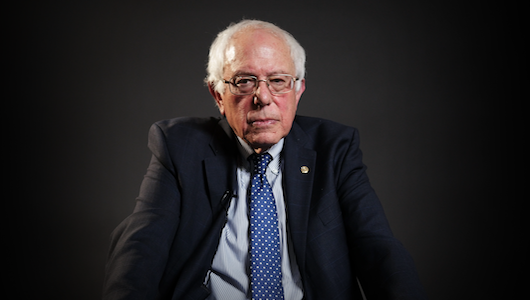
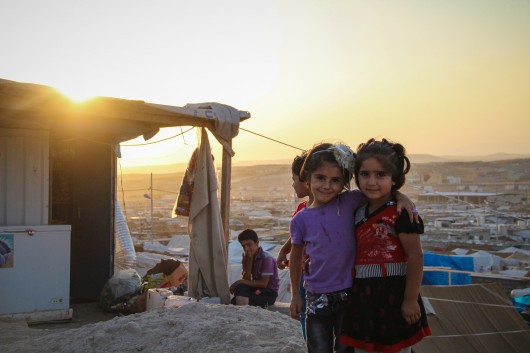
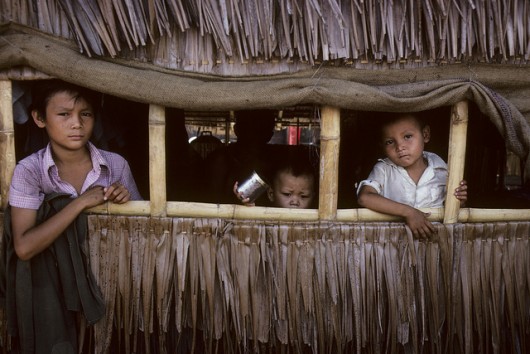 From 1975 until 1995, the US resettled 2,015,575 refugees and more than 60 percent were from Asia.
From 1975 until 1995, the US resettled 2,015,575 refugees and more than 60 percent were from Asia.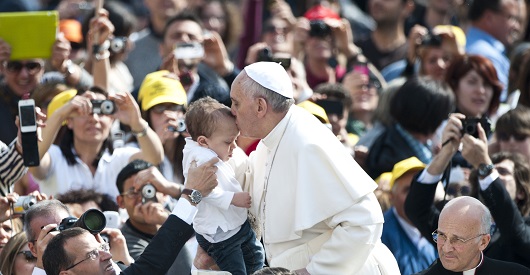 Sanders praised the pope’s remarks on ending poverty and economic inequality long before the pope arrived in the U.S. this September. Prior to the pope’s congressional address, Sanders celebrated the possibility of the pope addressing
Sanders praised the pope’s remarks on ending poverty and economic inequality long before the pope arrived in the U.S. this September. Prior to the pope’s congressional address, Sanders celebrated the possibility of the pope addressing 